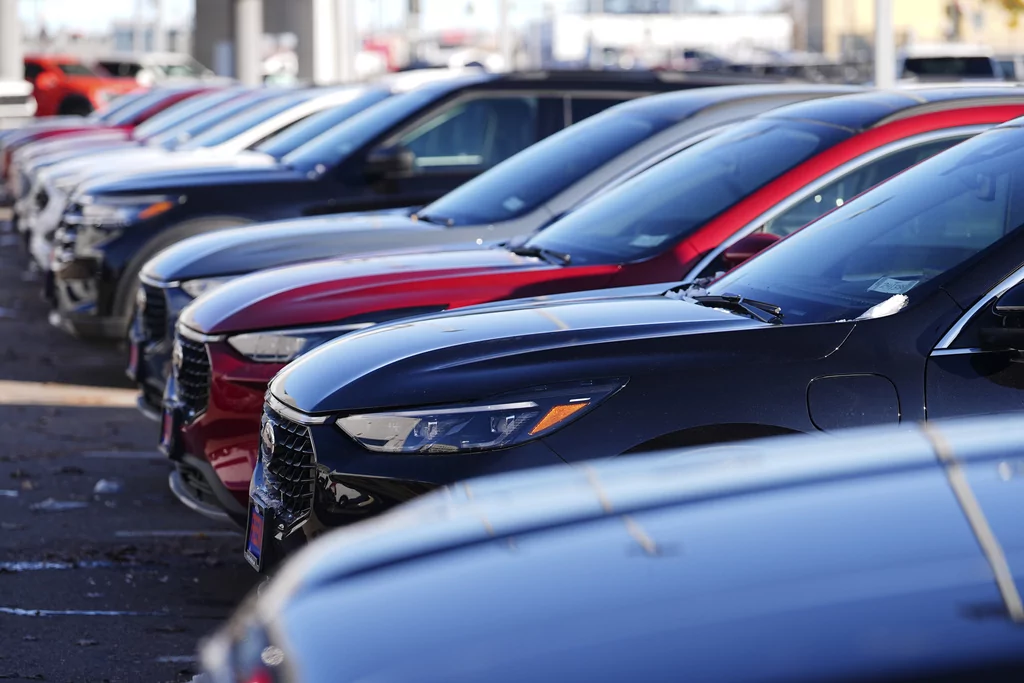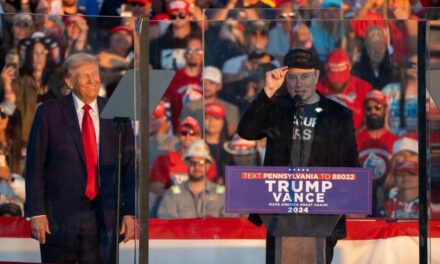We support our Publishers and Content Creators. You can view this story on their website by CLICKING HERE.

The Environmental Protection Agency announced it would allow California to ban new gasoline vehicle sales after 2035, but the decision is likely to set up a clash between the state and the incoming Trump administration.
The EPA approved California’s Advanced Clean Cars II rule on Wednesday, which bans new gas vehicle sales after 2035. Under the 1970 Clean Air Act, the state must seek a waiver from the EPA to set stricter auto pollution standards.
“California has long-standing authority to request waivers from EPA to protect its residents from dangerous air pollution coming from mobile sources like cars and trucks,” EPA Administrator Michael Regan said in a statement. “Today’s actions follow through on EPA’s commitment to partner with states to reduce emissions and act on the threat of climate change.”
Over a dozen states follow California’s auto emission standards. But the rule is at risk of being reversed by President-elect Donald Trump, who has vowed to undo many of the Biden administration’s climate policies.
“California has imposed the most ridiculous car regulations anywhere in the world, with mandates to move to all electric cars,” Trump has said. “I will terminate that.”
However, the state will likely challenge any rule reversal by the incoming administration, setting up a fight in court with it.
“Clean cars are here to stay. The Biden-Harris Administration reaffirmed what we’ve known for decades — California can rise to the challenge of protecting our people by cleaning our air and cutting pollution,” Gov. Gavin Newsom (D-CA) said in a statement on Wednesday.
“Naysayers like President-elect Trump would prefer to side with the oil industry over consumers and American automakers, but California will continue fostering new innovations in the market,” Newsom added.
CLICK HERE TO READ MORE FROM THE WASHINGTON EXAMINER
The EPA also approved California’s “Omnibus” low-NOx regulation for heavy-duty highway and off-road vehicles and engines. The regulation aims to reduce nitrogen oxide emissions from heavy-duty highway and off-road vehicles and engines.
Meanwhile, the Supreme Court agreed last week to examine whether oil companies and business groups have legal standing to challenge California’s authority to set vehicle standards.

 Conservative
Conservative  Search
Search Trending
Trending Current News
Current News 





